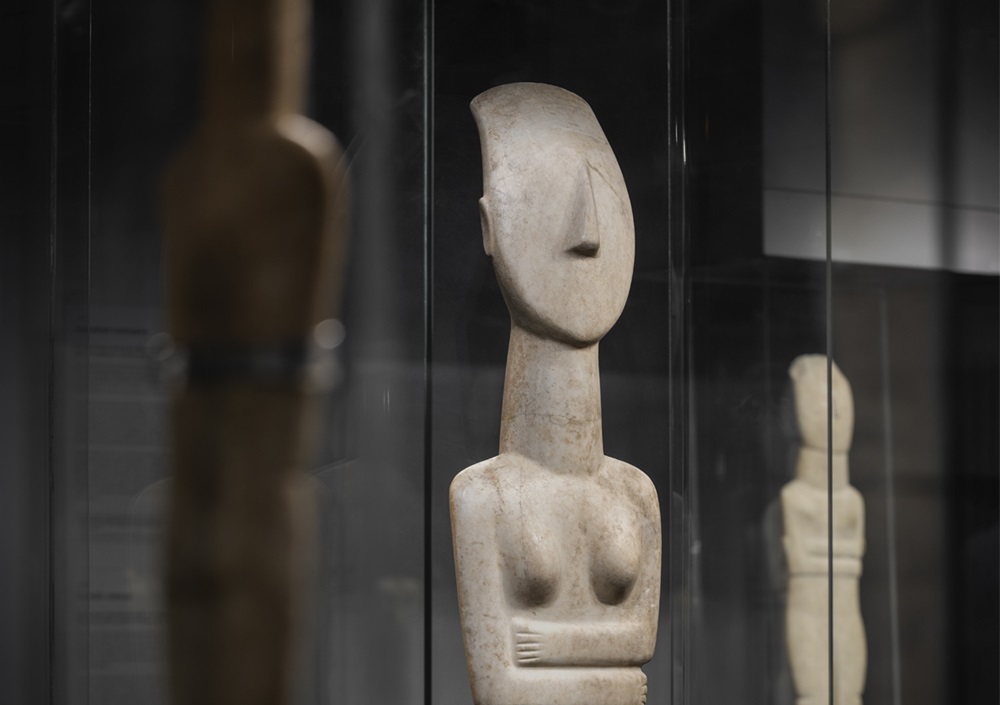
The Ministry of Culture, through the Cycladic Antiquities Authority and the Museum of Cycladic Art organize the archaeological exhibition entitled Cycladic Women: Unknown Stories of Cycladic Women, which will be presented at the Museum of Cycladic Art, at the Stathatos Mansion, from 12 December 2024 to 4 May 2025. The same exhibition will be presented at the Archaeological Museum of Thira in June 2025, where it will be transferred in its entirety.
The exhibition will include about 150 works, all of them creations of Cycladic art dating from the early prehistory to the 17th century, from the collections of the Ephorate of Antiquities of Cyclades and the Museum of Cycladic Art. Unique works, most of them have never travelled outside the Cyclades and the Museum of Cycladic Art, while some of them have never been presented to the public. In addition, selected Cycladic antiquities from the National Archaeological Museum, the Kanellopoulou Museum, the Epigraphic Museum of Athens and from important private collections are presented.
The exhibits tell the history of the archipelago through the eyes of the islander. They present unknown roles of women through time. They tell the story of women’s transitions from the role of deity to that of mother and vice versa, their participation in religious events and their activities in public and private life. They trace the limitations governing women’s qualities in the community and moments of their emancipation.
At a time when women continue to claim respect in modern society, the free choice of their roles and their liberation from stereotypes that dominate despite the struggles of previous centuries, the exhibition recalls unknown narratives from the Cyclades that highlight the historical dimension in the formation of female identity from prehistory to the post-Byzantine period.
The curators of the exhibition are Dr Dimitris Athanasoulis, Director of the Ephorate of Antiquities of Cyclades, and the Scientific Directors of the Museum of Cycladic Art Dr Panagiotis Iosif, Professor at Radboud University in the Netherlands and Dr Ioannis Fappas, Assistant Professor of Prehistoric Archaeology at the Aristotle University of Thessaloniki.

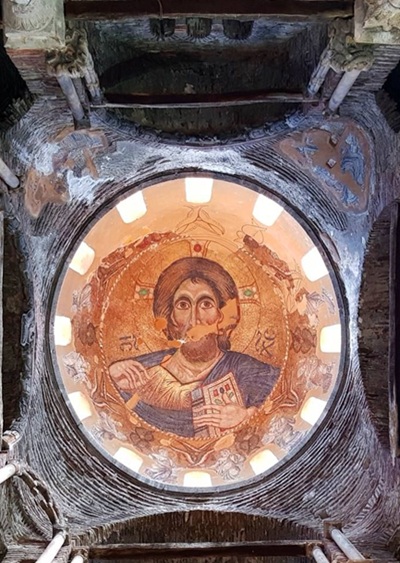
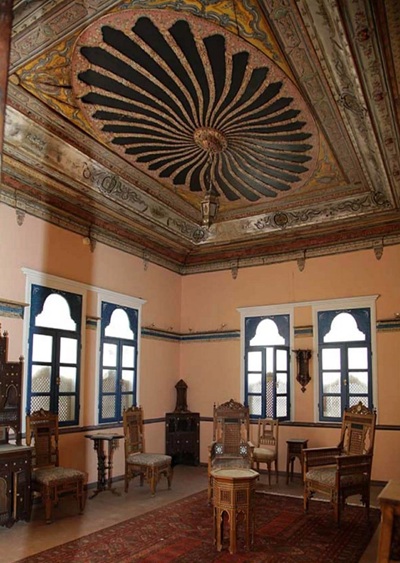
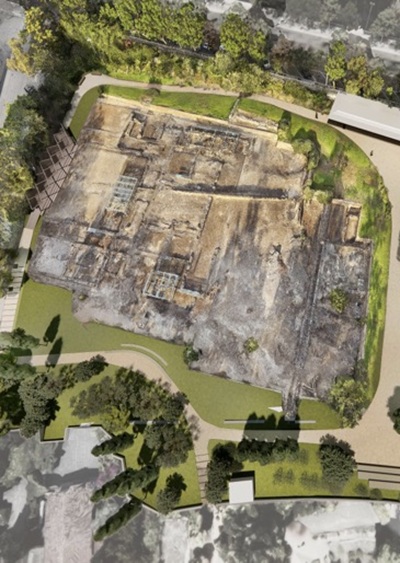
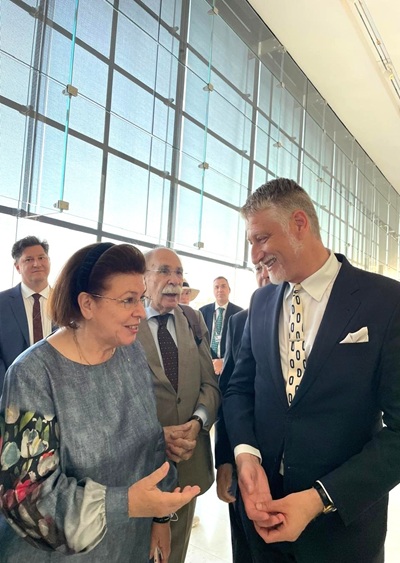


Leave A Comment